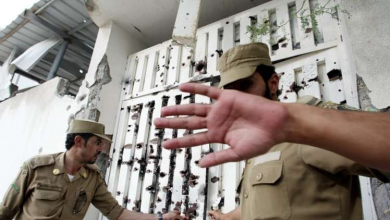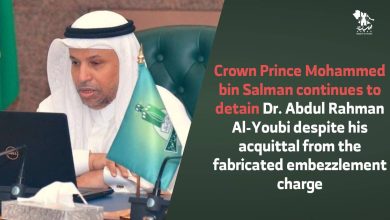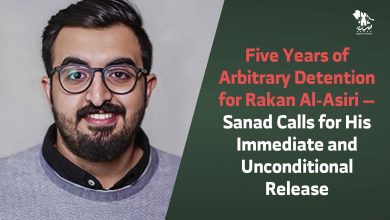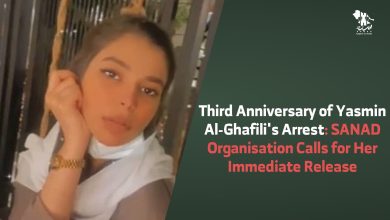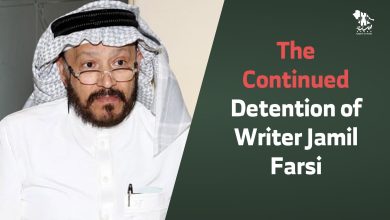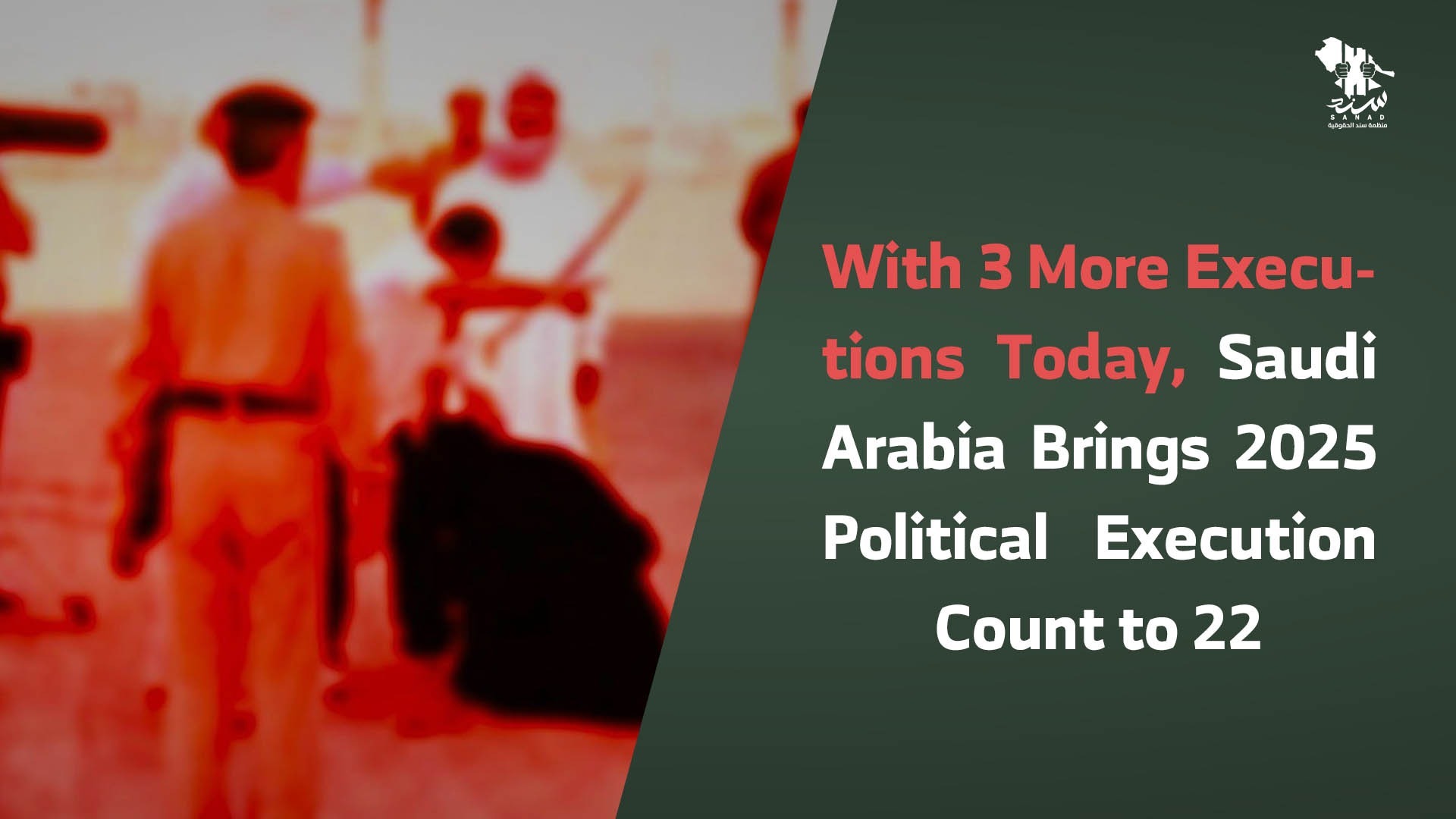
With 3 More Executions Today, Saudi Arabia Brings 2025 Political Execution Count to 22
On Thursday morning, July 24, 2025, Saudi authorities carried out the execution of three detainees: Musab bin Mohammed Al-Rubaie, Abdullah bin Ibrahim Al-Muhaimid, and Rayan bin Abdulsalam Al-Rubaie—all Saudi nationals—on charges described as “terrorism.” This label has become a frequent cover used by the Saudi regime to eliminate political opponents and peaceful activists under a false legal pretext.
With today’s mass execution, the total number of political executions in Saudi Arabia rises to at least 22 in 2025 alone, signaling a dangerous escalation and the regime’s unwavering commitment to repression and bloodshed under the guise of law.
According to the Ministry of Interior’s official statement, the three men had committed “terrorist crimes” and were affiliated with “extremist organizations.” These vague and sweeping accusations are commonly used to justify the regime’s crackdown on dissent, especially in the absence of transparency, fair trials, and amid widespread reports of torture-induced confessions.
This is not the first time Saudi authorities have fabricated such charges. A previous case involved the execution of a Shia citizen under a false claim of al-Qaeda affiliation, despite clear political and sectarian motivations. Similarly, journalist Turki Al-Jasser was executed over social media posts labeled as terrorism, as was Dhafer Al-Shahri, who was initially detained for a tweet but later sentenced to death on inflated terrorism charges.
As with previous execution announcements, the Interior Ministry provided no concrete details about the incidents or the specific organization to which the men allegedly belonged. The statement relied on vague generalizations, reinforcing the pattern of fabricated charges and unclear justifications.
A key indicator of potential foul play is that the Ministry cited the death of a security officer and a foreign resident, yet the executions were carried out ta’zeeran (discretionary punishment), rather than qisas (retributive justice), which contradicts Saudi law in such cases and further casts doubt on the legitimacy of the charges.
SANAD Human Rights Organization strongly condemns this latest wave of political executions and warns against the continued use of the judiciary as a tool for authoritarian repression. The organization affirms that this systematic policy of eliminating dissenting voices violates international law and constitutes crimes against humanity that do not expire with time.
SANAD urgently calls on the international community, particularly the United Nations and global human rights organizations, to take immediate action by pressuring the Saudi government to halt this cycle of political executions and to initiate an independent international investigation into the widespread abuses targeting prisoners of conscience in the Kingdom.


